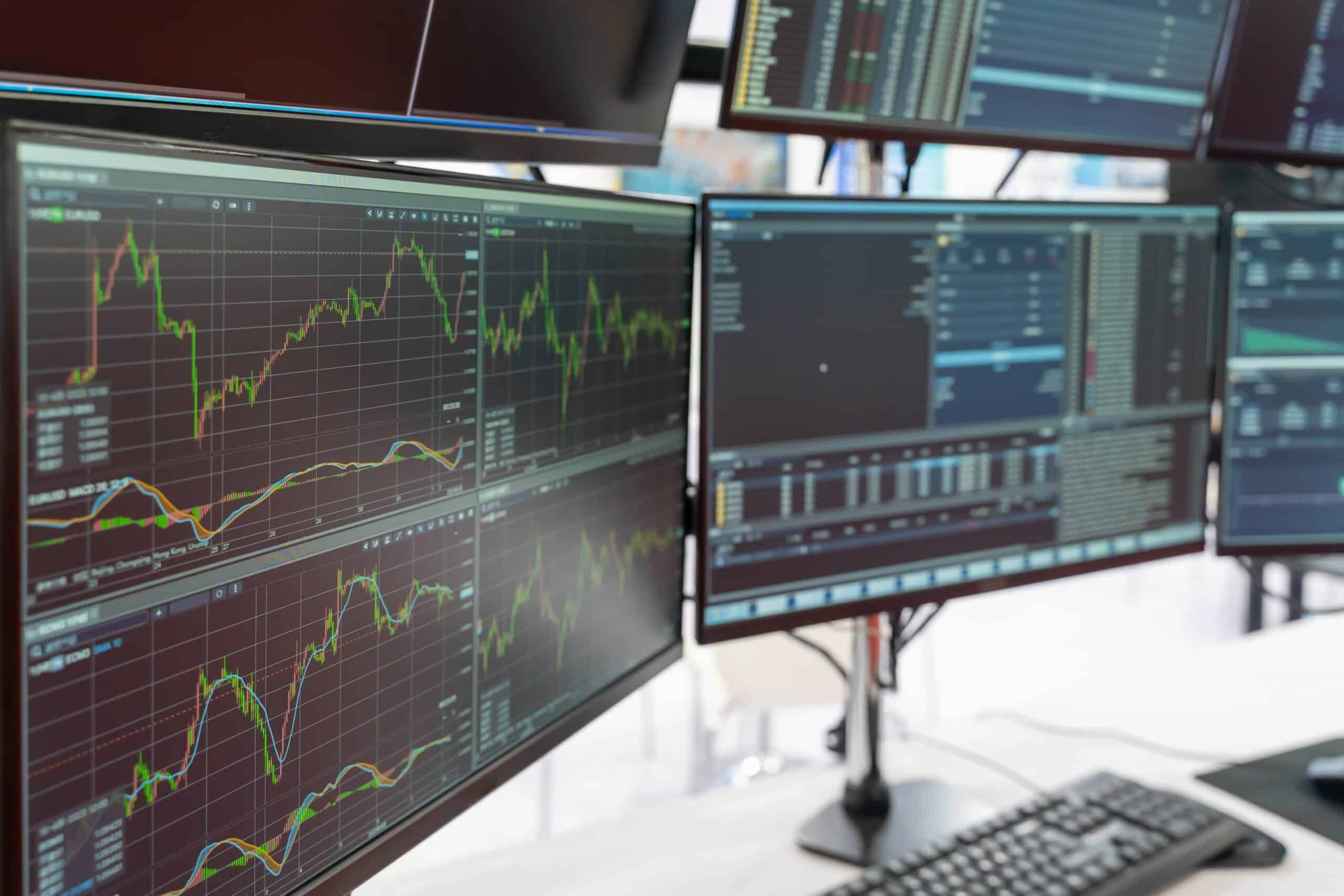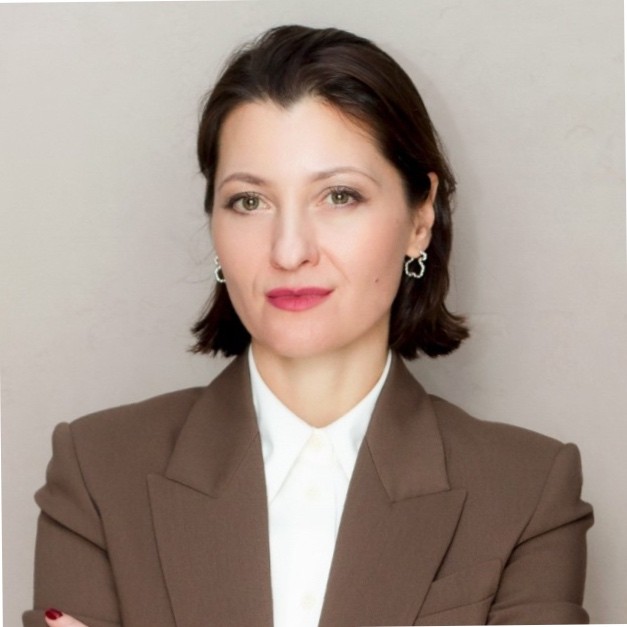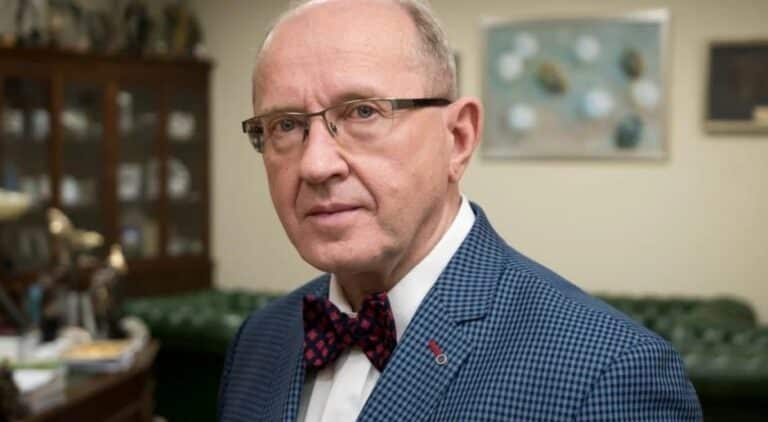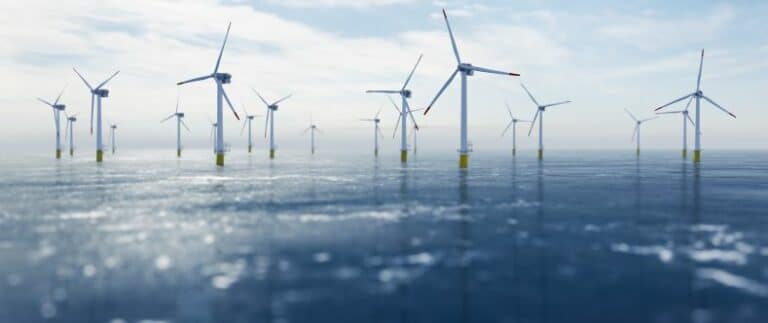New realities shaping investment decisions
Facing inflation and geopolitical uncertainty, investors have been forced to revise their strategies, according to the Schroders Global Investor Study 2023.
Persistent inflation and geopolitical uncertainty – coupled with the need to decarbonize economies – are making it difficult to navigate markets and forcing investors around the world to revise their investment strategies, the flagship Schroders Global Investor Study 2023 notes.
“The results of this year’s survey show a widespread and growing recognition of the importance of active ownership for sustainable investment. Companies across a wide range of industries face a number of challenges and opportunities, as well as increasing pressure to adapt and evolve,” says Andy Howard, Global Head of Sustainable Investment at Schroders.
Surveying more than 23,000 investors in 33 locations around the world, Schroders found that almost 80% of investors now believe we have entered a new era of policy and market behavior as a result of higher inflation and interest rates.
There is a marked contrast with last year’s survey, when some respondents believed that the market challenges would only be temporary and predicted a rapid return to a more benign environment of low inflation and low interest rates. This year, more than half of respondents have adjusted their investment strategies and a third intend to do so.
77% of Poles agree with the statement that higher inflation and interest rates mean we have entered a new policy regime and market behavior – 52% have changed their investment strategy in light of this, with 40% intending to do so.
The survey also clearly found that active fund management is crucial for many investors, while non-public assets have been identified as a necessary diversification tool in the face of the accelerating trend towards democratization.
Investments that have become more attractive over the past six months are private assets, such as private equity or real estate, actively managed funds and digital assets, Schroders found.
An important factor influencing the assessment of attractiveness is the expected return on investment. In this respect, the vast majority of Polish investors are optimistic. As many as 85% of them expect returns to be the same or higher than last year.
Globally, optimism is particularly evident among ‘expert’ investors, with only 4% of them expecting next year’s returns to be lower. Most investors expect annual returns of 11.5%. South African investors were the most optimistic, stating that they expect a return of 16.8%. This is significantly higher than the MSCI World Index annual return for global equities of 9.46% for the period 1987 to September 2023.
“In an investment landscape increasingly shaped by ‘3D’ – deglobalization, decarbonization and demographics – investors are still getting used to the fact that higher inflation and higher interest rates will stay with us for longer. Every asset has needed to be revalued to compete with cash yields in the bank. Valuation is again of vital importance. Compared to the last 15 years, you now need to be more flexible and proactive in how you invest. The survey results show that some investors are adapting faster than others,” says Johanna Kyrklund, Group CIO and Co-Head of Investment at Schroders.
The Schroders survey show that investors generally understand the issues involved in investing in non-public assets (which include private equity, real estate, infrastructure, private debt and private credit, i.e. direct loans to companies). This is an important finding, as increasingly regulators around the world are allowing ordinary investors access to these types of investments, which were previously reserved for pension funds and other similar large institutions.
In recent years, regulators and asset managers have actively worked to democratize private assets, notably through the launch of structures such as LTAF in the UK and ELTIF in Europe.
At the same time, two-thirds of global investors still have limited knowledge of this asset class, indicating that more education on the subject is needed to support further growth in these investments. Investors in Poland recognize the complex nature of private equity assets and acknowledge that they need to gain experience in this area.
Almost two-thirds of Polish investors (61%) highlighted the illiquid nature of these assets and the long holding period as a barrier to investment. On average, 15.1% of Polish investors admitted that they would consider allocating their funds in private assets. For more ‘experienced’ investors, this rose to 22.8%.
Nearly a third of them (32%) are particularly interested in investing in the private equity market.
The most favored private asset categories in which Polish investors would like to invest are private equity (32%), real estate (27%) and infrastructure & renewable energy (15%). Investors in Poland clearly believe that non-public assets can increase returns and diversification.
Interestingly, two-fifths of global investors say they are also attracted to the sustainability of private assets.
“As this year’s GIS shows, private assets are a landscape that could change significantly over the next few years. The pandemic has accelerated the evolution of private asset markets towards what we now refer to as ‘Private Assets 4.0.’ This is a new era for the private asset sector, which includes an increased focus on investments with positive socio-environmental impact and an acceleration of the democratization of this market,” Beata Idem, Head of Northern CEE & Mediterranean at Schroders, says.
“We think the broadening of options for smaller investors is a very positive development. We also think that the case for including private asset allocation – where appropriate – is probably stronger than ever,” Idem adds.
Sustainable investments are attracting investors because of their ability to generate a positive environmental impact and align investments with their social principles.
52% of Polish investors say a lack of data on the impact of this asset class is holding them back from increasing their involvement in sustainable investments. This indicates the need for education in this area to support further growth of such investments. Nevertheless, Poles remain enthusiastic about sustainable investing.
Importantly, more than a third of Polish investors (42%) said that sustainable funds can offer higher returns. The percentage of investors shying away from sustainable investing due to performance concerns has halved compared to last year’s survey.
A key element of sustainable investing is active ownership – engaging directly with companies to improve business performance, with the ultimate aim of supporting returns. The vast majority of Polish investors (76%) recognize and support the concept of active ownership, with this belief stronger among more experienced investors with expert levels of knowledge (53%) than among beginners.
The key themes where investors expect to be actively engaged relate in particular to climate, natural capital and the treatment of employees.







